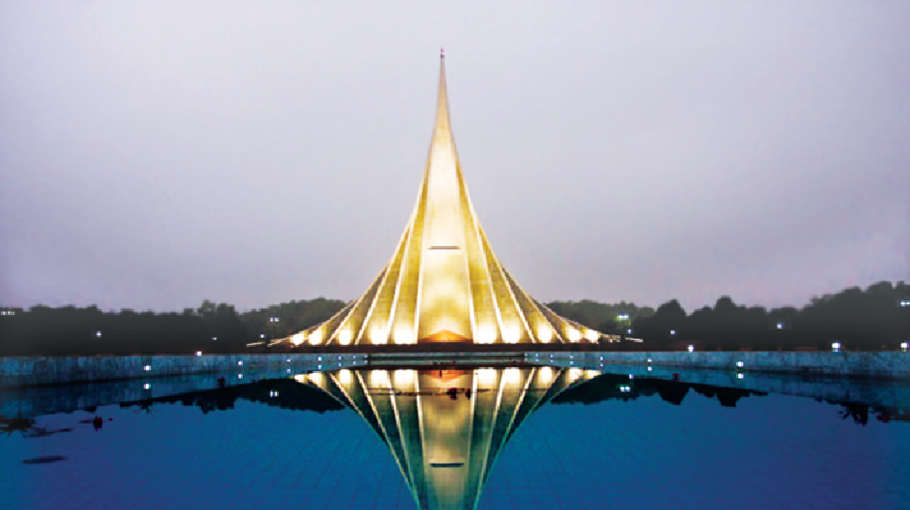On this day in 1971

On this day, December 10, 1971, Pakistan army was retreating from war zones to retain their stronghold in Dhaka. While leaving their occupied areas, they were destroying major infrastructures to prevent the Allied Force from attacking them.
As part of such tactics, Pakistani troops destroyed Ashuganj railway bridge on the day. Consequently, 14 helicopters carrying joint forces started landing at a place 3-4 miles south of Bhairab Bazar.
The Allied Force cut off road communications on Dinajpur-Rangpur-Syedpur route. Rangpur and Dinajpur were completely freed on the day.
Pakistan army left Jamalpur garrison and advanced towards Dhaka. They faced the Allied Force near Dhaka when a bloody battle took place. Pakistan sustained around 1,500 casualties while the rest of its troops surrendered.
Pakistani forces faced debacle at Chattogram and Chalna ports in the face of air attacks by the joint forces. Some members of the enemy force were caught red handed while fleeing towards Singapore by several steamers hoisting a neutral state’s flag through the Bay of Bengal.
Fearing defeat, Lt Gen Amir Abdullah Khan Niazi tries to plot an escape but BBC report revealed his plan. To conceal his weakness, Niazi went to Hotel Intercontinental to meet international journalists and said he will not leave his army behind.
Fighter jets of the Allied Force bombed the Dhaka Transmission House and destroyed it and the radio transmission went off. They also continued attacks on Kurmitola airbase to dominate the area.
Al-Badr, a barbaric auxiliary force of Pakistan army, killed Sirajuddin Hossain, executive editor of the daily Ittefaq, and Syed Nazmul Haque, chief reporter of PPI, who were abducted from their houses earlier.
On this day, Pakistan’s permanent representative in the United Nations (UN) Aga Shahi told the Secretary General U’Thant to ask India for withdrawing their soldiers. China’s Temporary Foreign Minister Chipo Fei said India’s activities proved their expansionist and imperialist form.
Indian Prime Minister Indira Gandhi said in New Delhi that India neither did accept nor denied the UN’s urge. She also said they are keeping the proposal under consideration.
She also said the situation would be better when Bangladesh would have its land freed from occupation forces and the 10 million Bangladeshi refugees in India would get back home.
On December 10, the United States National Security Adviser Henry Kissinger sent a memo to the President Richard Nixon where he stated that the war in ‘East Pakistan’ has reached its final stage as Indian forces are encircling Dhaka and preparing for the final assault.
Kissinger also informed Nixon that Pakistan would receive some assistance from Jordan, Turkey and Saudi Arabia but they would not do much with those. In a separate discussion, both of them agreed that under the circumstances, saving West Pakistan should be their only desire.
Staff Correspondent




